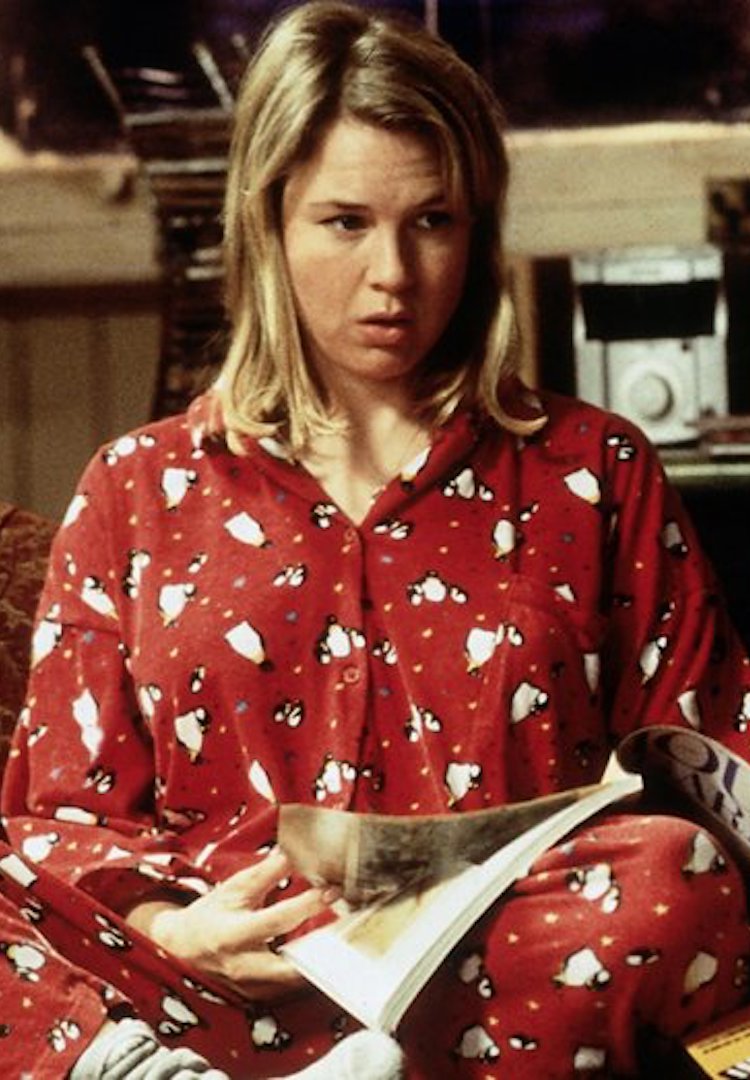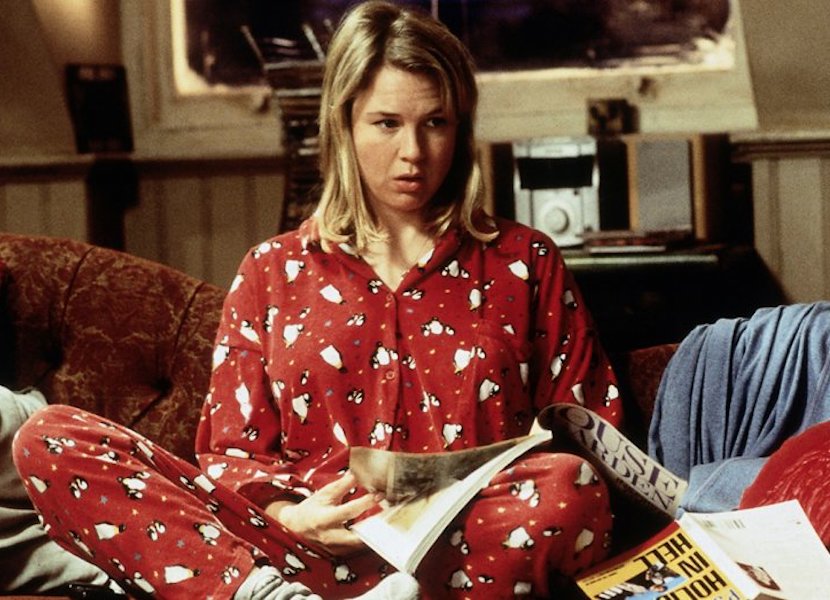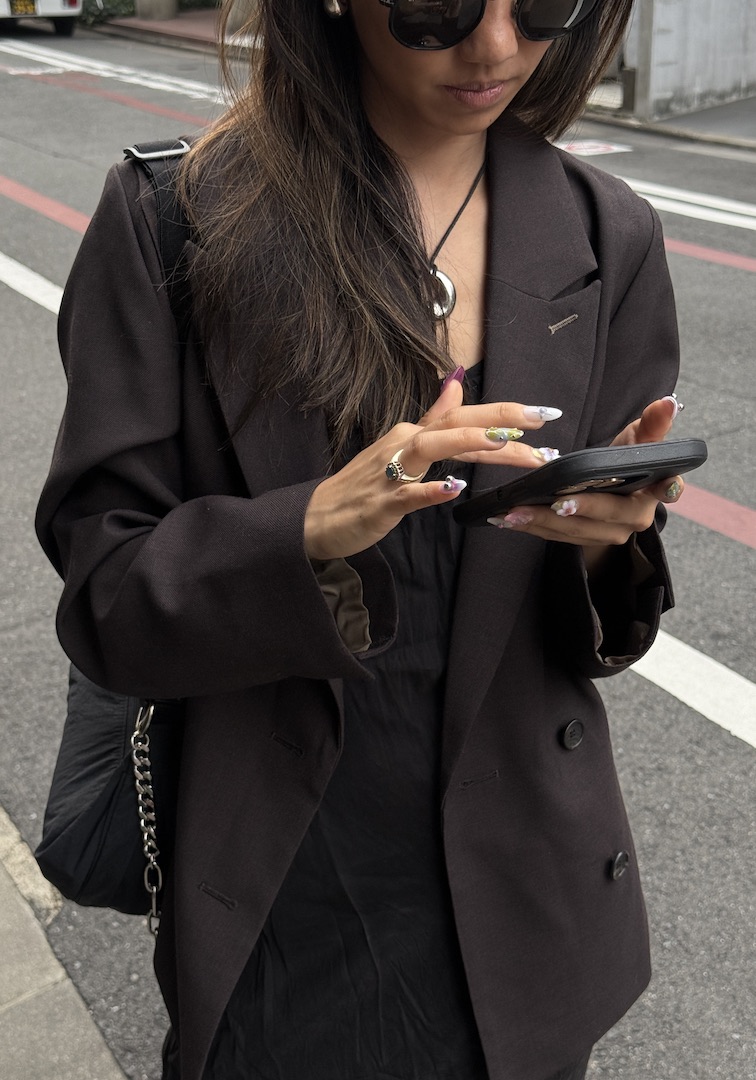How to set New Year’s resolutions you will actually stick to
WORDs BY RACHAEL AKHIDENOR
The ghosts of resolutions past.
These three inspiring yet loaded words are the source of a multitude of reactions. The variety of emotions sparked from them is representative of the hopefulness or cynicism toward the potential held by the year to come.
A few years ago, fed-up with feeling like a failure, I resolved that I would no longer set resolutions. “They are arbitrary and contrived anyway,” I reasoned to myself.
Yet, as December rolled around, I couldn’t shake the feeling that I was failing myself for not even attempting to set something for the year to come.
After all, the concept of resolutions is undoubtedly a beautiful one. To set goals of self-betterment and self-improvement is an act of faith and hope. It represents a level of belief in oneself and one’s capability to grow and evolve.
Determined to find a way to make New Year’s resolutions work in my favour, I began to question whether it was how I was setting my resolutions that was the real problem.
Like many, I had traditionally set insurmountable goals. Such activities were either achieved or not. Perhaps, I thought, this was where I was going wrong.
Yogis set intentions (sankulpa) for their practice as opposed to distinct goals. The esteemed Canadian author and inspirational speaker Danielle Laporte focuses on emotions as opposed to concrete actions.
Taking inspiration from these two sources, I concluded that perhaps the best New Year’s resolution was not to focus on arbitrary activities but instead, centre the goals around how I wanted to feel. Perhaps, it was best to focus on the energy I wanted to bring into my life.
By focusing on a feeling as opposed to a goal, the rate of failure was minimised. Instead of the resolution being something I either did or didn’t achieve, this feeling was my mere guiding light; the focus point that I could come back to again and again.
Over the years of trial and error, I have found the following four principles to be most useful when setting a New Year’s intention:
Focus on how you want to feel instead of setting a goal
While goals are often centred around activities, focus on what energy you want to cultivate in the year ahead. Do you want to feel calm? Grateful? Joyful? Love? Space? Power? Whatever the emotion, choose one and write it down. This will be the theme for the year ahead.
Use the theme to guide action
Say you’ve decided that you want to feel calmer in the year 2020. Think about all the activities you could do to bring that energy to your life. You could meditate; begin yoga; have a dedicated ‘me’ night once a week. You could distance yourself from friendships and relationships that cause you stress. You could see a psychologist; write a journal; say ‘no’ more often.
You don’t have to do all these activities. In fact, you may only do one. That’s the beauty of setting an intention as opposed to a goal. It provides us with choice and adjustability as the year progresses; a stark contrast from the usual rigidity of a goal that is set months prior.
Remain open-minded and flexible
One of my greatest disdains towards traditional New Year’s resolutions is their rigidity. It denies the reality that circumstances change. Where we are emotionally and physically at the beginning of the year may not remain the same as the year progresses. Thus, stay open-minded, gentle and compassionate. Even when you veer off track, continue to come back to that word, the theme, to guide your action.
Check in
Check in with yourself monthly or quarterly. Reconnect back to the intention you set and see how you’ve been doing. Reflect on the activities that brought you closer to the chosen feeling and what takes you further away from it. You may do this formally, through a ritual of reflection and journaling, or informally by simply thinking back and noting what worked for you.
Despite what I had previously believed, New Year’s Resolutions don’t have to make us feel bad about ourselves. In fact, they can be empowering, motivating and really quite useful in determining how the year unfolds. Such a change has forever altered my life (and no, that is not an overstatement). Call me optimistic, but I have full faith that intention-setting for the new year can change yours too.













